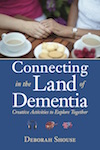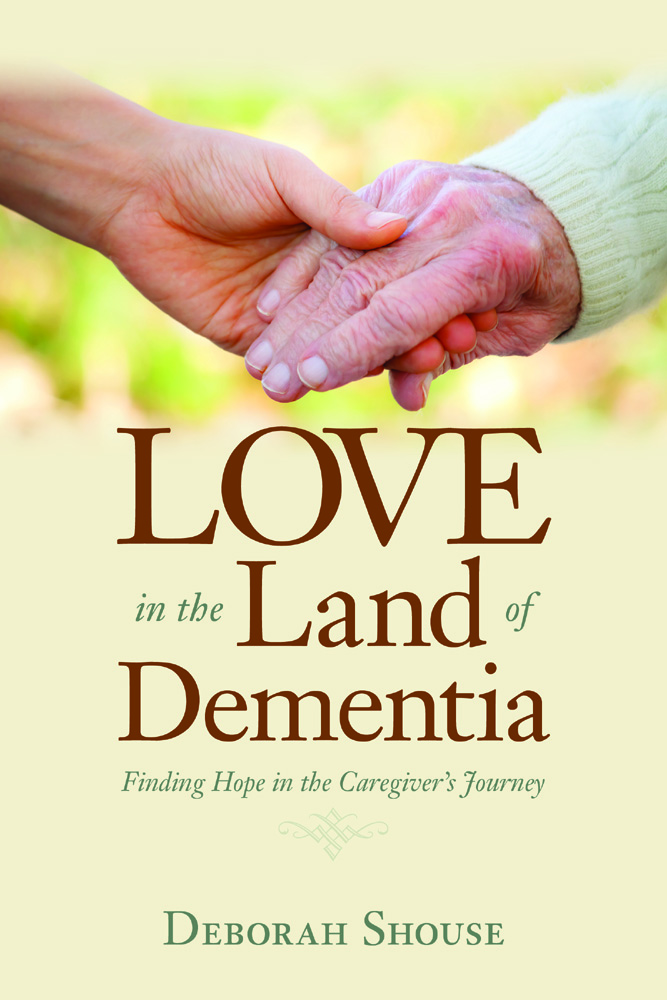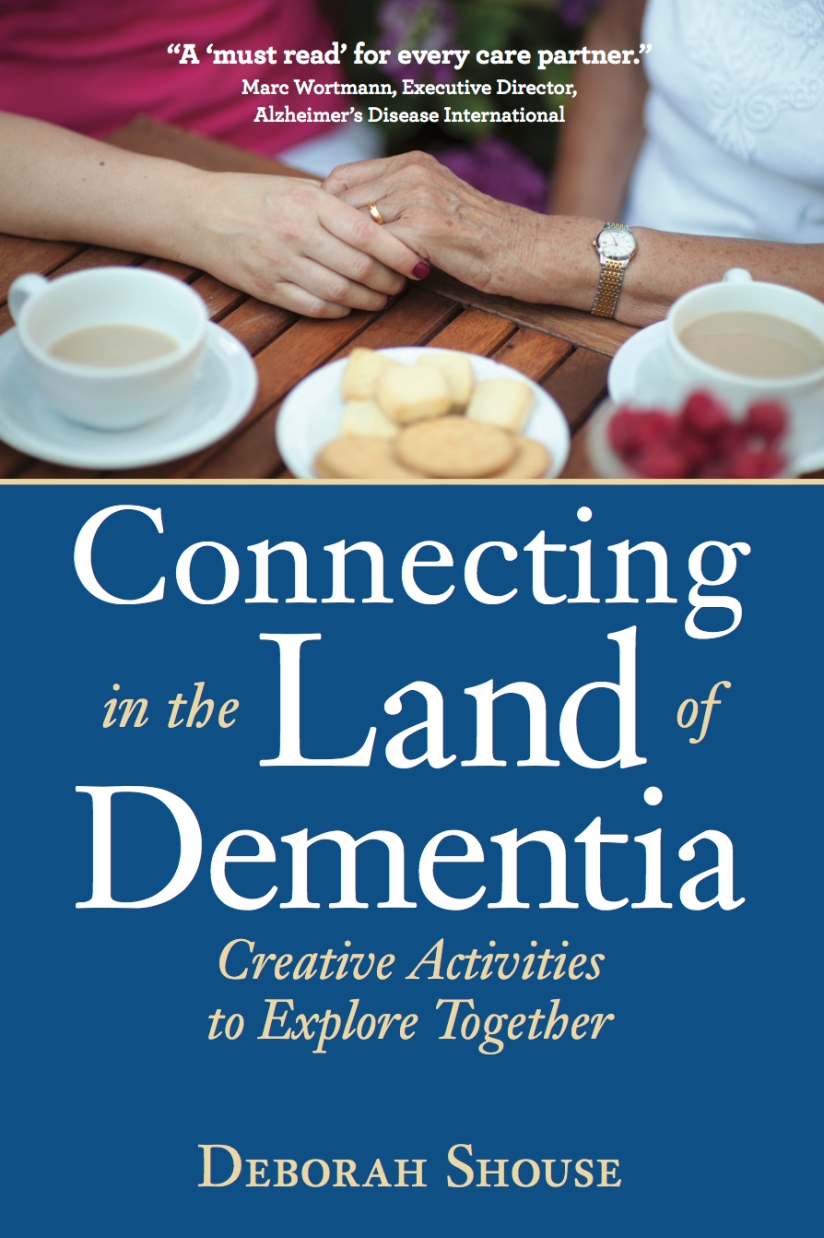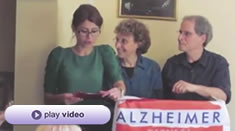 This article by Karen Love, Executive Director of Dementia Action Alliance, reminded me of my dad’s positive outlook. It inspired and touched me and I wanted to share it with you.
This article by Karen Love, Executive Director of Dementia Action Alliance, reminded me of my dad’s positive outlook. It inspired and touched me and I wanted to share it with you.
Live Well with Dementia
By Karen Love, DAA Executive Director
In 1968, Robert Rosenthal and Lenore Jacobson published groundbreaking research that showed teacher expectations of students became self-fulfilling prophecies. At the beginning of a school year, first and second grade students’ IQs were tested. The researchers randomly selected a group of students regardless of their actual test results and led the teachers to believe that this group was capable of great academic achievement. The teachers, perhaps unwittingly, gave the students with the presumed higher IQs more positive reinforcements.
At the end of the year, the students were retested. The group labeled high academic achievers did, in fact, show higher achievement than the other students. Robert Rosenthal summarized this research finding as – “What one person expects of another can come to serve as a self-fulfilling prophecy.” This outcome, retested and proven by many others over the years, has become widely known as the Pygmalion Effect.
The dynamics of the Pygmalion Effect have significant impact for those who want to live well with dementia. There is abundant anecdotal evidence among person-centered dementia care experts that the Pygmalion Effect similarly applies. Family, friends, and others may have low expectations regarding what people living with dementia can and cannot do and how they can function and live. While they may not even be consciously aware of this view, these lowered expectations affect every aspect of the relationship. They don’t engage, interact, and provide opportunities for interesting and fun activities at the same level they would if their expectations were higher.
I experienced the Pygmalion Effect this past week at a memory care assisted living community. I saw a resident sitting alone, apart from the others. I asked a staff member about her and was told she had very advanced dementia.
“What does she like to do?” I asked.
“Nothing, she can’t do anything.”
I knelt beside her and offered a small pillow covered in a soothing, tactile fabric. She immediately started stroking the pillow and then explored the seams. Her expression turned sweet and serene. Touching the fabric was comforting to her. As I was getting ready to leave, the woman’s daughter arrived. I introduced myself and described how much her mother enjoyed the tactile pillow.
“Mom was a seamstress and loves the feel of fabric,” her daughter said, smiling at her mother. “I should bring one of the lap quilts she made when I visit.”
Her daughter was reminded of something her mother liked to do and she felt grateful she could bring something that would please her mom.
I was reminded how important it is to have interesting and engaging items when we visit. Examples include scented lotion, a tactile pillow or fabric scraps, and an enjoyable short story to read aloud.
Helping someone live well with dementia invites us to open our eyes, our hearts, and change our mindset. Instead of perceiving limitations, we can spark the Pygmalion Effect by setting positive expectations. We can help make living well with dementia a self-fulfilling prophecy.
 Karen Love, gerontologist – Executive Director, Dementia Action Alliance – Powered by People with Purpose
Karen Love, gerontologist – Executive Director, Dementia Action Alliance – Powered by People with Purpose
Deborah Shouse is the author of Connecting in the Land of Dementia: Creative Activities to Explore Together and Love in the Land of Dementia: Finding Hope in the Caregiver’s Journey.


Deborah Shouse is the author of Connecting in the Land of Dementia: Creative Activities to Explore Together and Love in the Land of Dementia: Finding Hope in the Caregiver’s Journey.





















